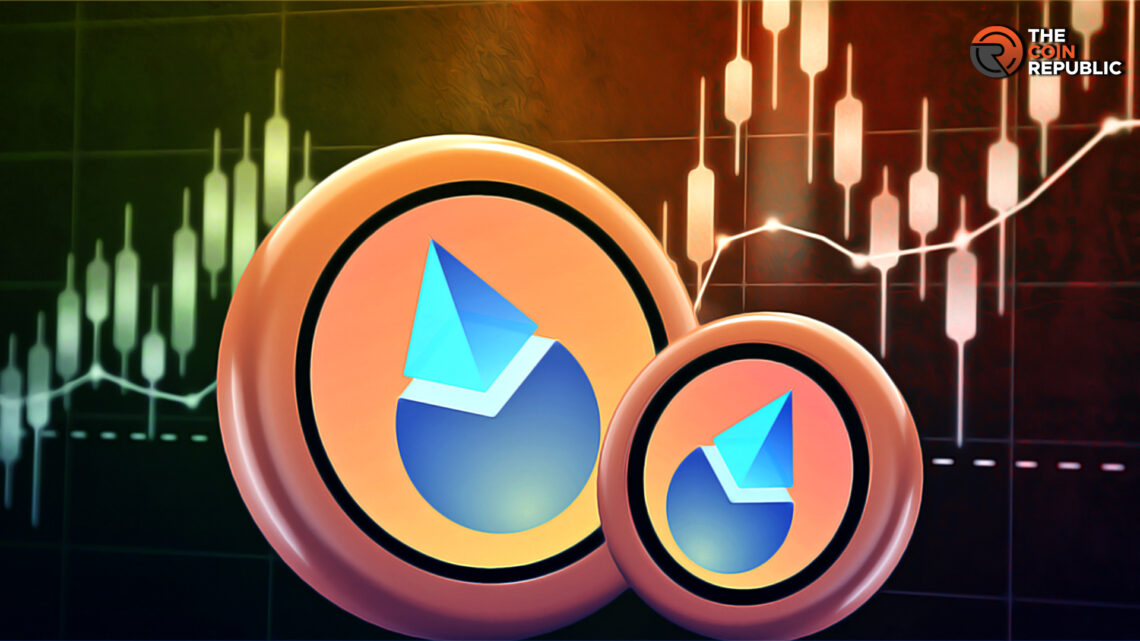- 1 Lido DAO is a decentralized autonomous organization that runs liquid staking protocols, allowing users to stake their ETH on Ethereum 2.0.
- 2 Lido DAO is governed by its community of stakeholders who use the LDO token to vote on protocol parameters and manage the treasury.
Lido DAO is a decentralized autonomous organization that runs liquid staking protocols. It determines key parameters such as fees, node operators, and oracles through the voting power of its governance token, LDO. The DAO collects service fees which it uses for research, development, liquidity mining incentives, and protocol upgrades.
Lido DAO is mainly used for staking ETH on Ethereum 2.0 in a liquid and decentralized way. Users can send their ETH to Lido’s smart contract and get stETH (liquid staked ETH) back. stETH is a 1:1 representation of staked ETH and can be freely traded, transferred, and used in other DeFi protocols while still earning staking rewards. Lido DAO is governed by its community of stakeholders who propose and vote on changes to the protocol.
The LDO token serves as the governance token for Lido DAO. Holders of LDO can vote on protocol parameters and manage the Lido DAO treasury. The voting weight of LDO is proportional to the amount of LDO a holder owns. More LDO means more decision-making power. Apart from governance, LDO can also be staked to earn a share of protocol fees.
Founders of Lido DAO
Lido was founded by Konstantin Lomashuk, Vasiliy Shapovalov and Jordan Fish in 2020. The organization was supported by a group of financial firms and angel investors.
The finance firms include Semantic VC, ParaFi Capital, Libertus Capital, Bitscale Capital, StakeFish, StakingFacilities, Chorus, P2P Capital and KR1.
The angel investors who also helped Lido launch include Stani Kulechov of Aave, Banteg of Yearn, Will Harborne of Deversifi, Julien Bouteloup of Stake Capital and Kain Warwick of Synthetix.
Feature of Lido DAO
Lido makes it easier for more users to stake their ETH by combining their staked ETH into one pool, which removes the need for any technical skills from the users. Users also don’t need to have a minimum amount of 32 ETH to run their own validator, which allows more people to stake their ETH.
Lido V2 is the newest major update of the Lido DAO protocol. It was created to offer a more effective and flexible staking solution for Ethereum 2.0.
One of Lido V2’s main features is its “Liquid Staking” model, which lets users deposit ETH into the Lido pool and get stETH (staked ETH) tokens back. These tokens can be traded on secondary markets or used on “LSDFi” protocols, giving users a more liquid form of staked ETH that can be used for other purposes.
Overall, the Lido DAO network is a reliable and secure system that allows users to join in governance and earn rewards while helping the network to stay secure.
Conclusion
Lido DAO is a project that aims to make staking more accessible and flexible for users, by providing a liquid staking solution for Ethereum 2.0. Lido DAO is a robust and secure system that enables users to participate in governance and earn rewards while helping the network to stay secure.

Steefan George is a crypto and blockchain enthusiast, with a remarkable grasp on market and technology. Having a graduate degree in computer science and an MBA in BFSI, he is an excellent technology writer at The Coin Republic. He is passionate about getting a billion of the human population onto Web3. His principle is to write like “explaining to a 6-year old”, so that a layman can learn the potential of, and get benefitted from this revolutionary technology.


 Home
Home News
News






